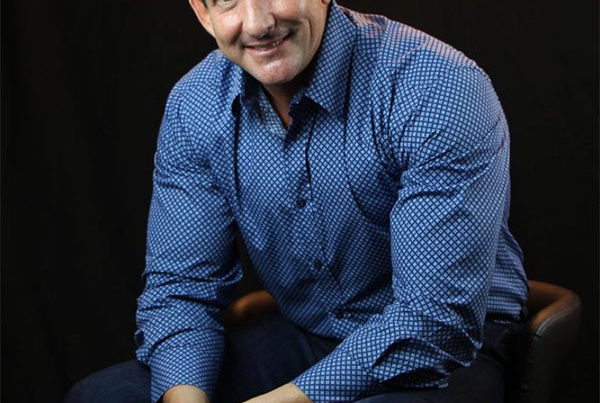It can be much harder to determine what your inner fears are based on actions or no actions, unless you use a measuring stick of what you fear and what you want to overcome.
1. Setting aside your ego and focusing on the greater good of resolving a problem that has a SOLUTION. Typically fixing a conflict inside of yourself that you have the power to overcome. Simply taking action and relentlessly practicing the action will create a true leader in yourself to overcome living in Fear. Because doing what you Fear consistently will turn into empowerment once you overcome it. Integrity and work ethic coupled with the experience in your own background creates wisdom. This is like having a priceless tool kit that you decide what tool has worked in your past, and what tool has not worked.
2. Take care of yourself. You only get one body, and it can’t keep itself up by just thought. Think of your body as the vehicle that transports you to achieving your goals. When I recently spoke to a gentleman this past Sunday afternoon, I asked him where he had just come from and he answered “from the gym”. I said “I personally take Sundays off,” his response: “My body doesn’t know the difference between Sunday or any other day.” This was profound because oftentimes we get caught up in the Monday blues, when in reality your body doesn’t know the difference in any day of week– your mind does. Taking care of your body is a huge factor. Confidence and overcoming fear go hand in hand, one less thing to worry about and self-judge yourself. Overcoming fear is increasing your probabilities physically and mentally to achieve your greatest goals by taking action.
3. Understand the power of your words. Words can build people up or tear them down. That goes for the words you tell yourself too. A word can act as both a sword and a shield, used to protect or attack others. Wise people carefully examine the effects (both positive and negative) of their words before speaking. Remember the 5 things that cannot be recovered: A word after it is said, a stone after it is thrown, an opportunity after it is missed, time after it is lost, and life after it is over. Use your words to support and build up yourself and others around you, not to tear them down or destroy them.
4. Good actions lead to good thoughts. Poor actions lead to poor thoughts. It is obvious that a thought creates an action, a negative thought can create a negative action but it also can create a good action. The same as a positive thought can lead to a negative action. As many of us have heard for so many years, a person becomes what they think about. I beg to differ. Instead, a person becomes what their actions are. The accumulation of good actions will lead to becoming what you think about in a positive way to live fearlessly.
5. Sometimes, we ignore a problem for so long that it turns from a small problem to solve into a massive compounding mess. Many times, tackling a large problem that we’ve yet to start solving leads to strong feelings of fear or frustration from being overtaken by emotions, and not tackling it logically with a strategy. Nelson Mandela once said the following: “I have learned that courage is not the absence of fear, but the triumph over it. The brave man is not he who does not feel afraid, but he who conquers the fear.” By conquering your fear and taking positive actions to problem solve, you gradually start to chisel away at a mountain-size problem until it becomes a boulder, a rock, a pebble, and finally – just a single grain that will be blown away in the winds of resolution.
– Tim S. Marshall, Author of The Power of Breaking Fear



